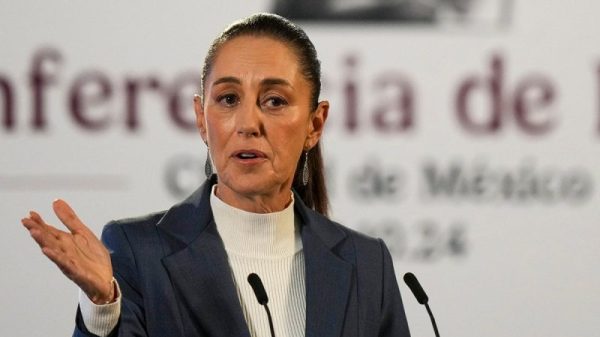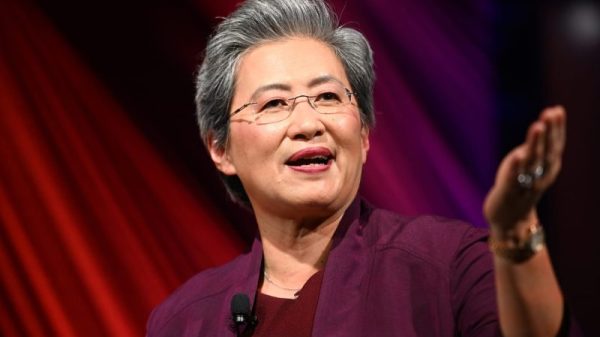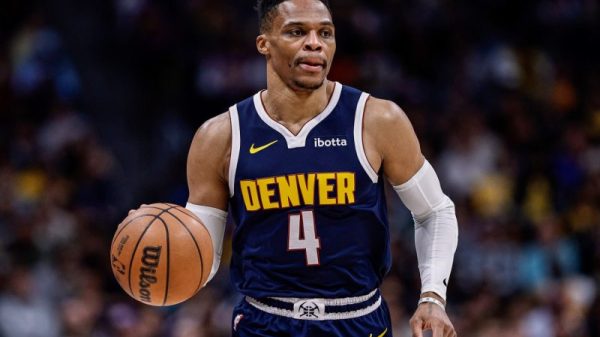A lot of the conventional wisdom has it that Sen. JD Vance (R-Ohio) had a better vice-presidential debate than Minnesota Gov. Tim Walz (D) on Tuesday night. And instant post-debate polling suggests that’s more or less how swing voters saw it.
But the same polling also paints a more nuanced picture. That picture: Walz probably narrowly lost the debate among the more crucial voters, but he might have actually gained more from the affair — even as he was already in a better position than Vance.
It’s complicated, but let’s get into it.
Post-debate polls from CNN and CBS News show viewers judged the debate as an effective draw. In the CNN poll, 51 percent of viewers said Vance won the clash; in the CBS poll, Walz won 42 percent to 41 percent, with 17 percent declaring it a tie.
Why that’s still good for Vance: The debate-viewers appeared to lean slightly toward the Democrats in the first place. The CNN poll showed debate-watchers were about five points more Democratic-leaning than registered voters more broadly. CBS’s YouGov poll featured 39 percent self-described Democrats and 33 percent self-described Republicans.
Vance earning an effective draw with an audience that leaned toward the other side has to be viewed as a positive for him. The CNN poll showed independents thought Vance won 54 percent to 46 percent.
As for how positive that is and what that means moving forward? It’s not so clear that Vance gained more than Walz did.
Both polls, rather remarkably, showed each candidate substantially improving their images. Vance’s favorable rating increased by nine points in the CBS poll, compared with eight points for Walz. The CNN poll showed Vance gaining 11 points to Walz’s 13.
You almost never see those types of gains. CNN has regularly polled presidential and vice-presidential debates, and the biggest previous gain for any candidate was Kamala Harris’s seven-point gain after the 2020 vice-presidential debate. Both Vance and Walz exceeded that.
But the fact that Vance didn’t gain more than Walz is a setback for one big reason: He had a lot more room to grow than Walz did. Polling has regularly shown that Walz is slightly popular while Vance is double-digits unpopular. So Walz had significantly less upside, but he still improved his image by about as much as Vance.
Vance also gained less than Walz did with potentially crucial voters.
Walz’s image gains in the CNN poll among independents (18 points) were actually slightly larger than Vance’s (14 points). And while Vance gained largely with voters who were already favorable to his side, Walz demonstrated a pretty significant degree of crossover appeal.
Vance came into the debate with just 68 percent of Republican-leaning voters and Trump supporters viewing him favorably, and he increased both numbers to 85 percent — 17-point gains. But these are voters to whom Vance should logically appeal. And he gained little with Democratic-leaning voters, seeing his favorable rating rise from 2 percent to 7 percent.
Walz, meanwhile, saw his favorable rating among Republican-leaning voters increasing from 8 percent before the debate to 24 percent afterward. So one-quarter of Donald Trump’s and Vance’s own base that watched the debate came out of it liking Walz, and he gained almost as much with them as Vance did.
That’s a pretty striking stat.
(Walz gained less with Democratic-leaning voters, given that nearly 9 in 10 already liked him before the debate.)
As noted, the debate’s viewership doesn’t resemble the country at large. The kind of person who tunes in might not just lean more left, but might be more tuned in to politics than casual voters. We shouldn’t oversell these numbers as reflective of the broader electorate.
But they do suggest that Vance’s stronger performance and Walz’s stumbles probably don’t matter as much as Republicans would like them to. And Walz’s long-standing advantage in the battle of the running mates appears intact, for now.


































